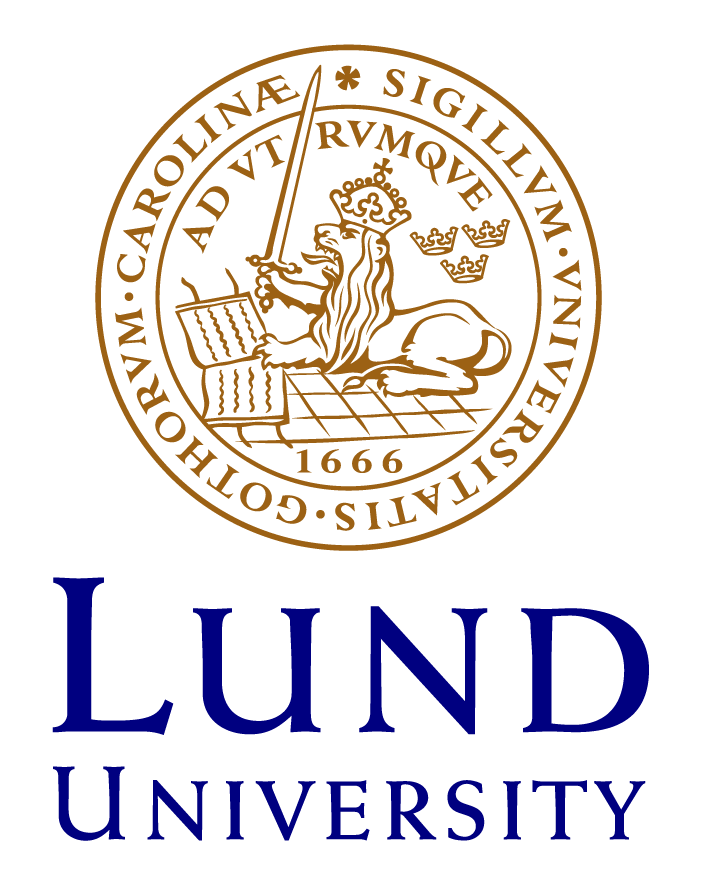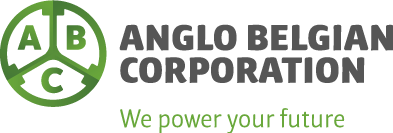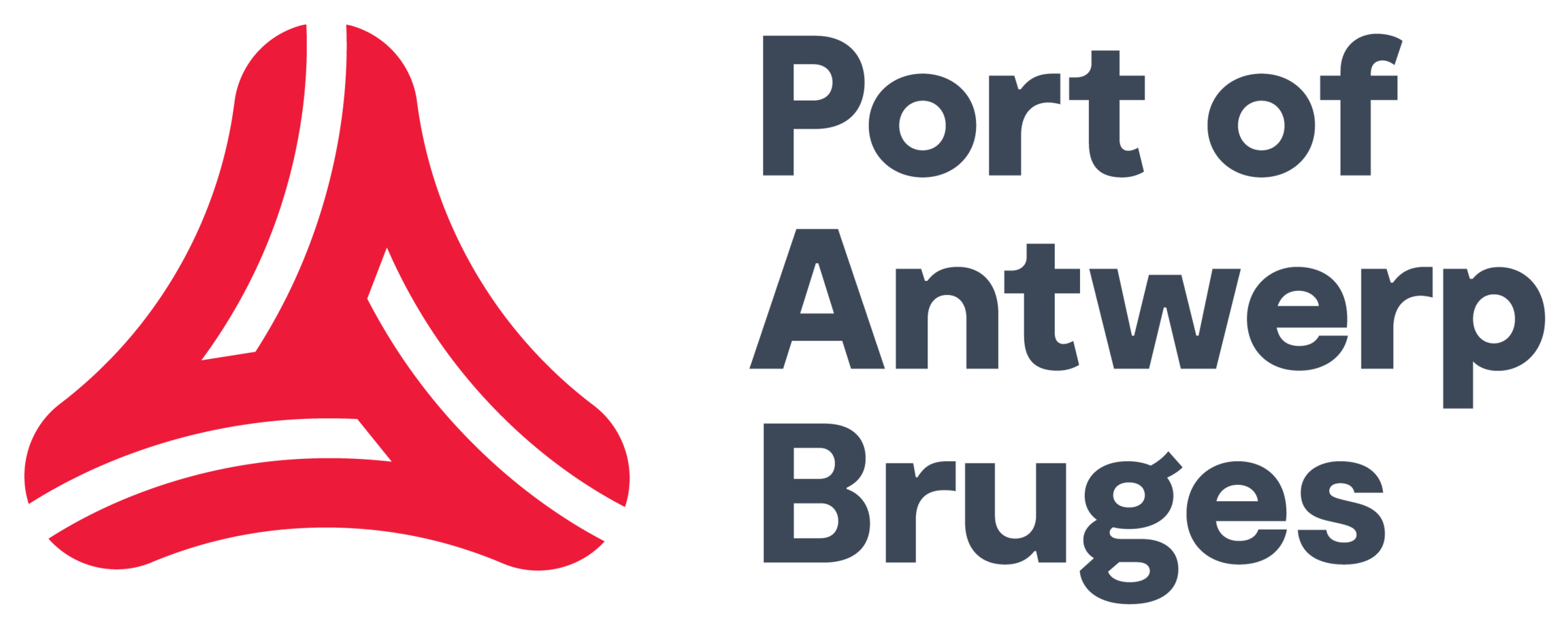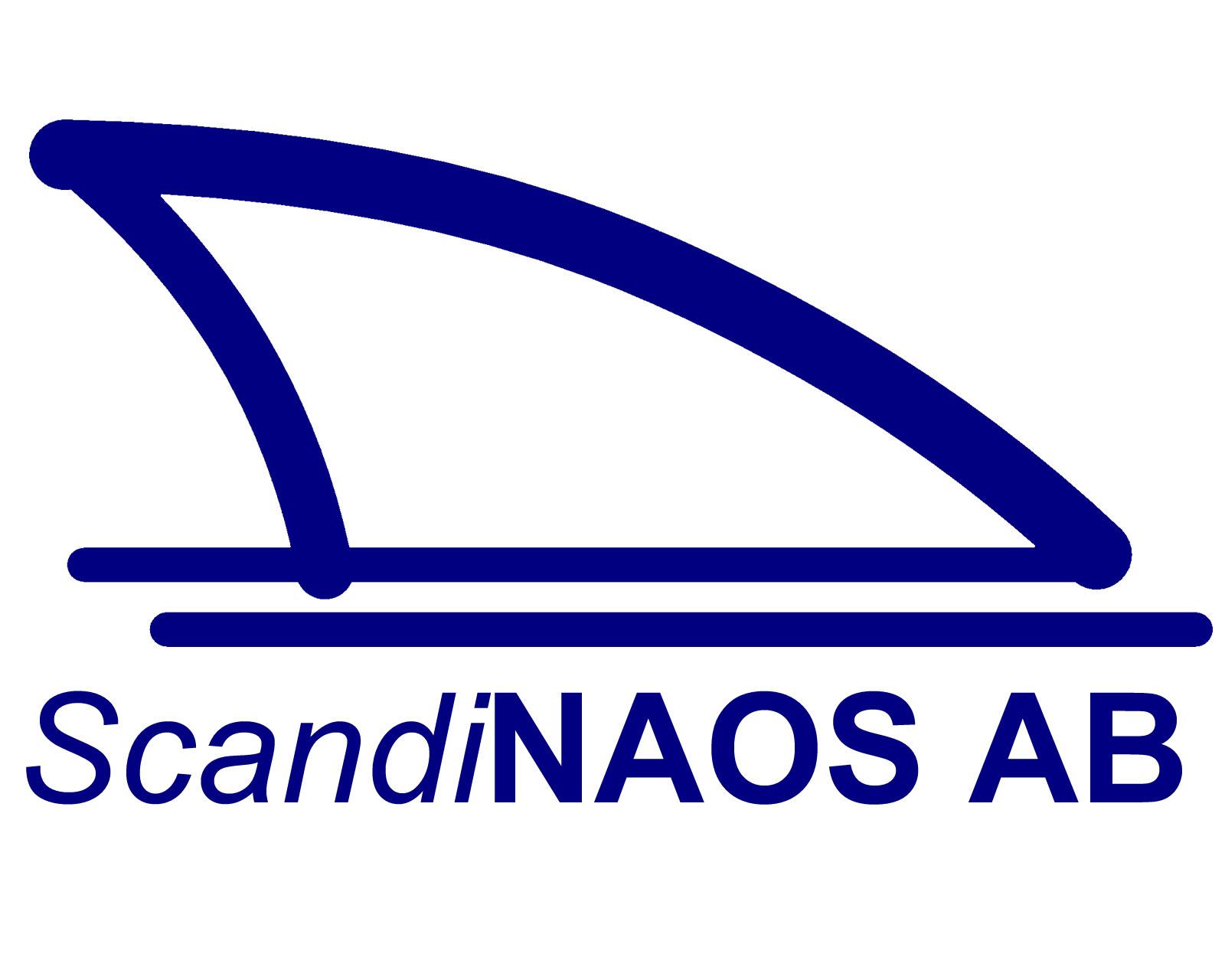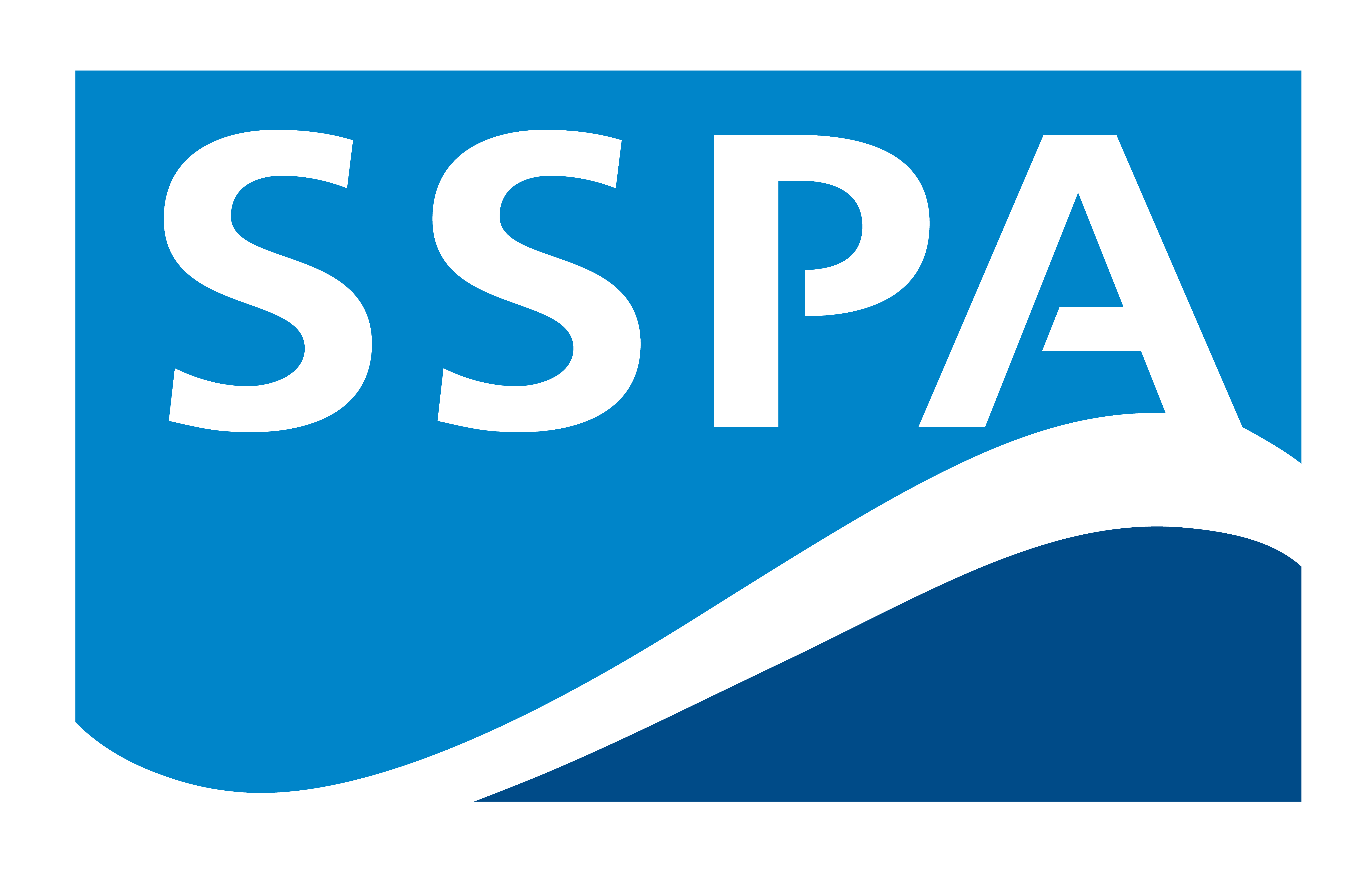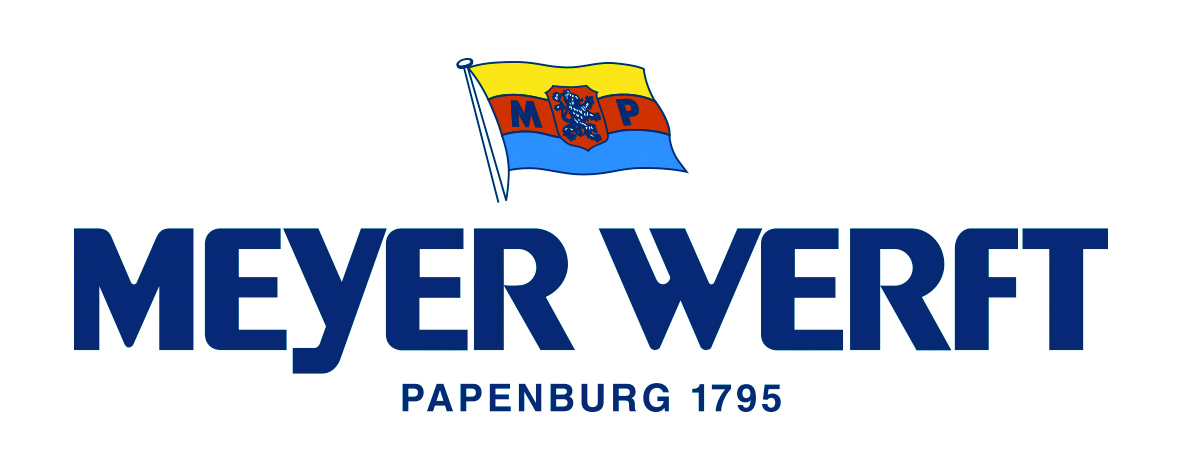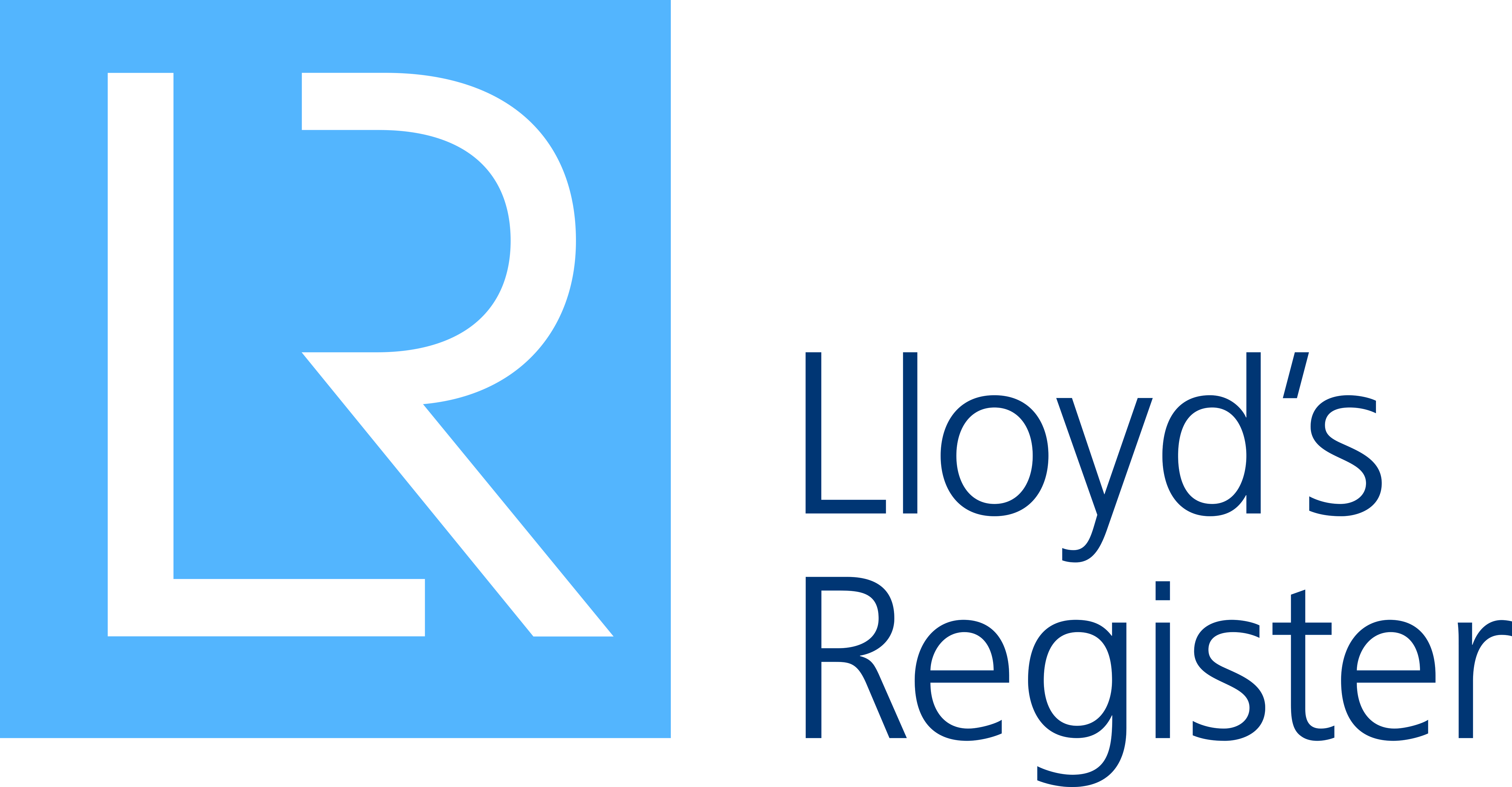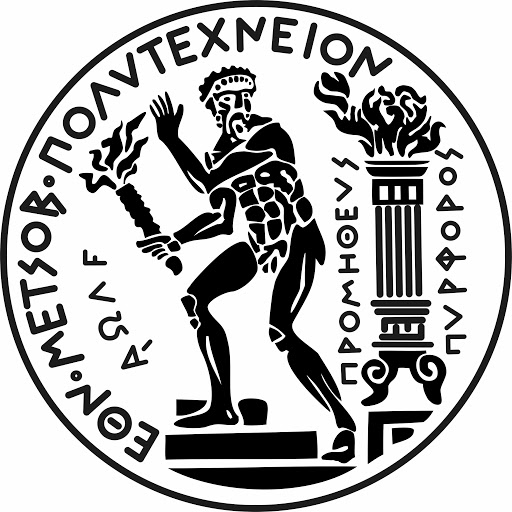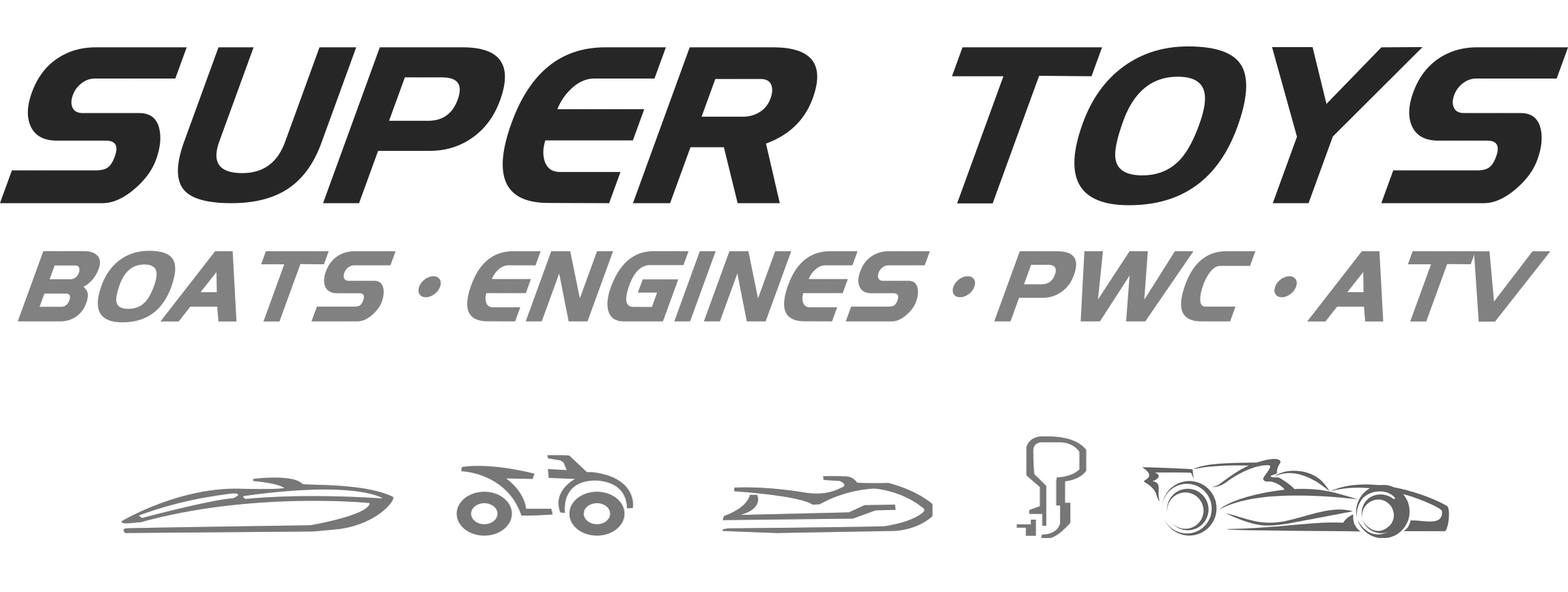Lund University is ranked as one of the top 100 universities in the world and provides education and research in engineering, science, law, social sciences, economics and management, medicine, humanities, theology, fine art, music and drama. The Department of Energy Sciences at Lund University is a world leader in the research of engine combustion and works on enabling the transition to sustainable transportation, by world-class collaborative research on powertrains and renewable fuels. It is part of a strong research cluster looking into fundamental engine studies, fuel effects, in-cylinder optical diagnostics; engine control; combustion modelling, heat transfer and emissions.
Role in project
Lund University is the coordinator of FASTWATER, focusing on the scientific coordination and partnering with Balance which focuses on the administrative coordination and dissemination. Lund University’s main technical involvement is in WP6, developing the next generation of methanol compression ignition engines with a focus on reducing and ultimately removing the need for ignition improver (cfr. the MD95 concept). Next to this, Lund University is also involved in WPs 1 and 3, supporting the engine development for the pilot boat demonstrator; in WP7 for engine testing on methanol/water blends; and in WP8 for engine data input to the life cycle performance calculations.
BALance’s key personnel earned their professional experience by working directly and indirectly with the maritime industry for more than 20 years. Since 1996, as a consultancy firm based in Bremen, Germany, BALance has offered expert studies and services to industry and governmental bodies on strategy, markets, policy support, coaching, project management, assessment of economic potential, innovation management / development, process analysis, and custom software solutions. BALance’s customers comprise industrial companies from a range of sectors (steel production, shipbuilding, automotive, aerospace, building and construction and the supply industries) and governmental organisations. BALance employs 19 people, including 14 specialists with degrees in naval architecture, mechanical engineering, production engineering, electrical engineering, computer science, international management, economics, law and medicine. About half of the specialists are working as consultants and project managers, whereas the other half are involved in IT development. Beyond its in-house capabilities, BALance has a worldwide network of experts and co-operation partners that can be consulted and/or integrated on a case-by-case basis. BAL has comprehensive experience in
- Project management
- Knowledge management and organisation of documents
- Life Cycle Performance Assessment
- Ship building and ship operation (by education and by running a large number of related projects for the last 25 years)
- Software development, especially web-based applications for research projects and commercial Customers
Role in project
Project management, Cost Benefit Analysis, Life Cycle Performance Calculations
ABC is a family owned company that develops and produces medium speed engines in Belgium since 1912. The main markets are marine, power generation and locomotives. The company has 330 employees and has a turnover of 120 million EUR. ABC is part of the Ogepar holding, employing 2000 people in total. Sister companies include turbocharger manufacturer KBB (Germany), and four foundries (in France and Germany).
Role in project
- Preparing the conversion of the main engines of the selected tugboat from PoA. This includes:
- Testing dedicated injection equipment from HZM on SCE (Single Cylinder Engine)
- Design of engine conform requirements of inland waterway regulations
- Building test engine similar to engines of ship
- Testing and optimising test engine at testbench
- Discussion of possible optimisations with other partners
- Emission measurements according requirements of CCRII
- Dismounting, inspection and cleaning of parts after test run
- Assistance for retrofit of ship:
- Engineering, production and purchase of engine related components
- Retrofit of main engines
- Commissioning of main engines and assistance during first trails
- On board measurements of engine performance (efficiency, emissions, ...)
- Realise improvements on board of ship
- Support UGent/ULund for research for improvements and/or other concepts for future methanol fuelled engines
- Support for training of crew for engine related operations
The HEINZMANN Group started in 1897 with Heinzmann GmbH & Co. KG, and now includes HEINZMANN UK, HEINZMANN China, HEINZMANN Korea, HEINZMANN India, HEINZMANN Australia, HEINZMANN Automation, REGULATEURS EUROPA, and CPK Automotive as member companies.
The HEINZMANN Group operates numerous global subsidiaries, including eight production sites and an international distributor network. Our product portfolio comprises combustion engine management system solutions, as well as exhaust gas after-treatment solutions for industrial combustion engines and turbines. It also encompasses automation systems, primarily for the shipping industry. For decades, HEINZMANN has been developing and producing sturdy, powerful electric drives up to 25 kW, which have proven their worth in numerous applications, particularly in harsh industrial environments.
Heinzmann has a long experience with electronic fuel injection for Diesel as well as gas engines. With Dual Fuel retrofit activities Heinzmann started already 25 years ago for different engine types, sizes and applications. On the gas and DF side the company has experience with natural gas, hydrogen, synthetic gases, wood gas and different kinds of biogas. On the Diesel side the products can be operated with different types of Diesel and heavy fuel oil.
The company specializes in customized and turnkey solutions for individual products and complex systems. Also the production of larger series quantities typically for engine manufacturers. One focus of activities is on marine applications. Some of the system solutions exceed engine control by far and include monitoring, safety functions and application-specific functions.
Heinzmann has a comprehensive competence for the own products (mechanical/hydraulic components, electronic controls, software, services). All engineering work is executed in the head quarter in Schoenau. This is related to the entire product range. Almost all manufacturing and assembly works are done inhouse.
Heinzmann has an extensive machine park for all types of material processing, including highprecision machines for processing fuel injection systems. A close worldwide network of subsidiaries and agencies is the basis for the distribution of the wide range of products. Heinzmann has also service competence for installations, commissioning and general product service. A total of about 250 people work for Heinzmann in Schoenau and about 450 people worldwide.
Role in project
- Development, engineering, adaptation and design works of system components (mechanical, electrical, software) for the complete engine control system
- All kinds of machining of product components and assembly
- System layouts
- Installation and commissioning service
- System test and optimisation (performance, endurance)
- Project management for fuel system
- Industrialisation of Methanol based DF-solutions
Havenbedrijf Antwerpen (Antwerp Port Authority – PoA) has 1600 employees that all play their role in the day-to-day operation of the port. The Port Authority manages and maintains the docks, bridges, locks, quay walls and land. It is also responsible for the efficient passage and safety of the shipping traffic in the Antwerp port area. It provides tugs and cranes, carries out dredging work and promotes the port in Belgium and abroad.
Port of Antwerp Bruges is the fifth-largest bunkering port in the world, with an estimated 6.5 million metric tonnes of conventional fuels bunkered yearly. Driven by sustainable development goals as well as international regulation, the maritime sector has started its energy transition. Therefore, Port of Antwerp Bruges is fully engaged to integrate low carbon fuels in its bunker market. LNG is a reality today. We’ll take care of methanol, hydrogen and electrical power between now and 2025.
To do so, we will take action from our four roles as port authority: regulator, community builder, landlord and operator.
Together with the Hydrotug project, the Methanol Tug project takes a central role in this strategy. By deploying hydrogen and methanol as clean marine fuels in our own fleet, the local bunker supply chain for both fuels will be set up and made available for other private vessel operators in our port as well. As a port authority, we are excellently positioned to tackle a number of a.o. regulatory challenges and as such pave the way for – step 1 – the Antwerp bunker market and – step 2 – the entire marine industry to follow.
The Port of Antwerp Bruges's Multi Fuel Port programme is available at https://portofantwerp.com/en/multi-fuel-port
Role in project
In the framework of Fastwater, Port of Antwerp Bruges will retrofit one of its 19 tug boats so that it will sail on methanol from 2021 onwards. To that end, the Port Authority is kindly supported by Fastwater partners ABC engines, Scandinaos AB, Lloyds Register, Heinzmann, University Ghent and Meyer Werft.
Ghent University is a top 100 university and one of the major universities in Belgium, with over 46,000 students. Ghent University wants to be a leading knowledge institute for a future that is ecologically, socially and economically sustainable within a local and global context.
The Sustainable Thermo-Fluids Energy Systems research group is part of EnerGhentIC, the interdisciplinary community of Ghent University researchers working on the energy challenge, a cluster of 18 groups and over 100 researchers. One of the research topics in the group is internal combustion engines, with a focus on renewable fuels for sustainable transportation.
Role in project
Ghent University will primarily be involved in WP6, developing next generation methanol spark ignition engine technology, next to supporting project partners with the dual fuel operation on methanol (WPs 1 and 4), using Ghent University’s expertise following its leadership of WP5 in the EU H2020 LeanShips project.
ScandiNAOS AB is a Swedish company working with marine transport systems, energy efficiency and sustainable shipping. The goal is to contribute to finding the best commercial, environmental and economic alternative for a sustainable and successful maritime transport industry.
ScandiNAOS AB has a wealth of experience in developing efficient systems to utilize methanol as a fuel and has been a driving force in finding practical solutions for methanol in many of the applications done in the maritime sector.
Role in project
Work package leader of WP3 – implementation of systems on a ship, Engine development – lead the development of MD95-concept (compression ignited methanol), technical support.
SSPA has carried out research and development in ship design and operations within the maritime sector, in close cooperation with industry, for 80 years. Efficiency, environmental impact and safety with respect to vessel design, ports and waterways, and maritime operations are key research areas. SSPA is an independent, limited company owned by the Foundation Chalmers University of Technology and has a staff of about 100 people. SSPA provides high-tech consulting services and research within ship technology, maritime operations and waterborne as well as intermodal transport systems.
Role in project
SSPA’s role in the FASTWATER project is to lead the work on fuel logistics, standards, safety, and training in Work Package 7. SSPA will also contribute to the ship demonstration cases, and the life cycle and business assessment. SSPA’s extensive experience with alternative fuels, including methanol, and design and development of ships with a focus on energy efficiency, will be utilised to help ensure the success of the FASTWATER project. SSPA is excited to be part of the continuing development in FASTWATER towards the use of methanol as a climate neutral fuel for shipping!
MEYER WERFT shipyard (MW) is one of the worldwide leading shipyards building passenger ships and special purpose ships such as gas tankers or research vessels. The yard is also one of the leading companies using modern laser production lines and computer aided design and engineering tools. Simulation tools are not only used for optimizing the production lines, but also in ships design. MW has a total workforce of about 3450 employees in Papenburg.
MW aims to worldwide offer innovative and high quality products to competitive costs in small processing time concurrent with the endeavor to always design its ships energy efficient and environmentally friendly.
MW is and was active in a number of internal, EU- and nationally funded research programs and could thereby reach technological leadership in the recent years. MW acted as coordinator in different research projects (e.g. GasPax, JOULES, ThroughLife, Pa-X-ell, RiverCell, and MethaShip) and furthermore participates in several other projects.
Role in project
In the FASTWATER project, MEYER WERFT will develop the conversion concept for a River Cruise Ship for a fuel change from diesel to methanol. Within that frame, major tasks are to elaborate the marine engine conversion aspects, derive the demands for the ship integration and define necessary ship system adjustments. The relevant safety aspects of the ship and engine related adjustments will be evaluated in coordination with Lloyds’s Register. Furthermore a project implementation plan for a ship conversion from diesel to methanol will be developed and the methanol supply chain will be examined regarding means of delivery, quantities and handling procedures.
Lloyd's Register (LR) started out in 1760 as a marine classification society. Today, LR is one of the world's leading providers of professional services for engineering and technology - improving safety and increasing the performance of critical infrastructures for clients in over 75 countries worldwide.
The profits LR generates fund the Lloyd's Register Foundation, a charity which supports engineering-related research, education and public engagement around everything LR does. All of this helps LR stand by the purpose that drives LR every single day: Working together for a safer world.
Role in project
Lloyd’s Register is poised to undertake collaborative research within the FASTWATER project to de-risk the technologies associated with the application of Methanol Fuel on the following platforms leading to Cleaner and Carbon-Neutral Waterborne Transport.
- Conversion of a harbour tug for methanol/MGO dual-fuel operation (Port of Antwerp)
- Demonstration of the first high-speed, compression ignited methanol engine on a pilot boat (SCANDINAOS AB)
- Demonstration of methanol operation on board an ERRV (Emergency Recovery and Rescue Vessel) coast guard vessel (SOUPER TOYS SKAFI EPE)
- conversion concept for a River Cruise Ship for a fuel change from diesel to a methanol-driven propulsion system (MEYER WERFT)
In addition, LR contributes by undertaking further studies on ship to ship methanol bunkering procedures and associated safety and regulations including necessary training requirements and procedures.
National Technical University of Athens (NTUA) is the oldest technical university in Greece (est. 1836). NTUA is ranked no. 10 between 100 Universities in the European Research Ranking 2010. Since 2000, NTUA has participated in 617 EC projects and was Coordinator in 76 EC projects. The Laboratory of Marine Engineering (LME) is part of the School of Naval Architecture and Marine Engineering of the National Technical University of Athens, Greece. The Laboratory personnel includes academic and research staff, doctoral students, as well as administrative and technical staff. The activities of LME are focused on Marine Propulsion System Research, with particular emphasis on experimental and theoretical investigations of engine/load dynamics. The research spectrum at LME covers marine propulsion and auxiliary engines, shipboard mechanical and electrical systems and advanced control systems for marine diesel engines. The Laboratory is engaged in numerous research and development projects sponsored by Government, the Industry, the European Union and other International Organisations.
Role in project
Participate in WP1/Task T1.3: Development of a high speed methanol dual fuel engine
The task objectives are:
- Proof of meeting the specification of the complete conversion kit for a high speed diesel engine (see
Task T1.1), by conversion of a high speed diesel engine (Mercury 4.2 L, 235 kW) to dual-fuel operation
on methanol - Optimizing dual-fuel system for performance, fuel consumption and emissions
- Investigate engine operation in hybrid diesel-electric set-up to study advanced control strategies for
power-split in hybrid methanol-electric marine powertrains
Role of Partner NTUA: task leader for dual-fuel conversion in NTUA engine lab, test bench program and simulations.
Super Toys Ltd, is a Hellenic company specialized in the construction of Emergency Response and Recovery Vessels. The main work objects are vessel Trade of all motor types, including specific floating crafts, marine engines and vessels’ equipment trade and repairing, construction & improvements of Inflatable and Fiberglass vessels.
Has a branch in Florida/USA, that trade of used boats and collaborating with “Evolution Tenders” construct custom inflatable fast speed boats of all commercial types.
In collaboration with UFR-team, they are specialized in underwater services and constructions.
Role in project
The main objective in the Fastwater is to install on board an already modified engine (from WP1) using methanol/diesel dual-fuel operation to perform sea-trials with vessel, assessing realistic operation of methanol engine and monitor and document vessel’s performance, with focus on fuel consumption and gas emissions, during operation before and after retrofitting.
Methanex is the world's largest producer and supplier of methanol to major international markets in North America, Asia Pacific, Europe and South America. Our strategically positioned production sites and extensive global supply chain enable us to provide our customers with a reliable and secure supply of methanol. It is how our global team of approximately 1,300employees safely and reliably delivers on our brand promise everyday by quickly adapting and responding to our customers' needs and creating and capitalizing on opportunities in the marketplace. Having 11 plants located in 6 different countries (New Zealand, USA, Trinidad, Chili, Egypt & Canada) give us the ability to meet our customers' evolving needs, providing them with a reliable and secure supply of methanol. Our wholly owned subsidiary, Waterfront Shipping, operates our fleet which is made up of deep-sea tankers ranging from 3,000 to 50,000 deadweight tonnes of capacity. As the world leader in methanol, we are dedicated to exploring new and exciting applications for methanol to provide solutions for the world's energy needs.
Role in project
Methanex will be actively involved in the following Work Packages:
- WP7 Fuel logistics, standards, safety and training: To investigate & analyze the supply and fuel quality requirements for methanol fueled vessels, and to assess and make recommendations on safety, regulations, and training requirements.
- WP8 Business models & dissemination: Best coverage of the marine world and the wider public on the advantages of methanol as a clean fuel. To convince by transparent assessments of the demo cases considering best suited business models.
- WP9 Project Management. To carry out the administrative (including financial aspects) and technical management
The Swedish Maritime Administration (SMA) is an authority and public enterprise within the transport sector, responsible for maritime infrastructure and services connected to maritime transport.
- We contribute to safe shipping for humans and the environment by piloting ships, breaking ice, saving lives and offering navigation support to the thousands of vessels in our waters
- We are an expert and service agency that carries out assignments and business in an open, committed and professional way, by ourselves or with the help of others. We are flexible, work across borders and share our knowledge. In close cooperation with others, we develop our business to meet the future together.
- Based on the needs of society and customers, we offer and develop services in shipping, maritime- and aviation rescue and maritime infrastructure that contribute to long-term sustainability, competitiveness and safe and innovative shipping.
Role in project
-


